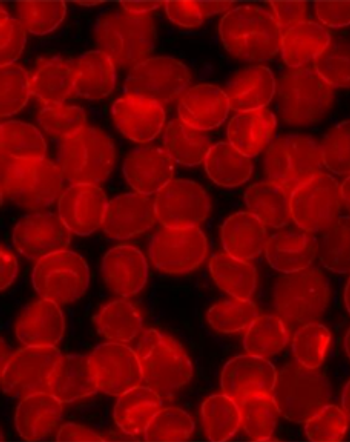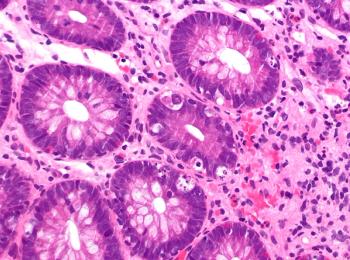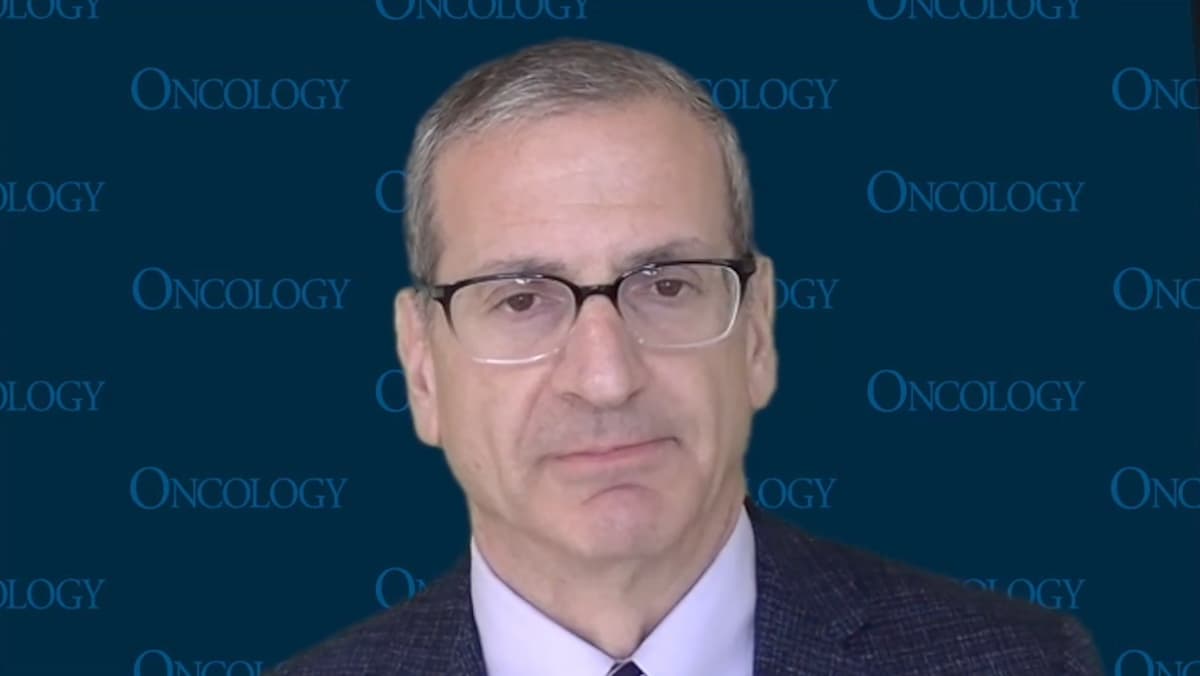
Hematologic Oncology
Latest News
Latest Videos

CME Content
More News

A recent clinical quandary focused on the diagnosis and treatment of blastic plasmacytoid dendritic cell neoplasm in a resource-limited setting.

Amar H. Kelkar, MD, presented findings on the cost-effectiveness of transplantation therapy during the 2024 Tandem Meeting.

Rahul Banerjee, MD, FACP, highlights recent presented from the 2024 Tandem Meeting.

The positive impacts on outcomes like recurrence-free survival with Orca-T highlight the importance of identifying that may benefit all key transplant outcomes, according to Alexandra Gomez Arteaga, MD.

Combining Orca-T with myeloablative BFT conditioning may improve outcomes for older patients with hematologic cancers, according to Caspian H. Oliai, MD.

Response rates appear to be higher among patients with acute graft-versus-host disease who receive ruxolitinib compared with best available therapy in the phase 3 REACH2 trial.

Approximately a third of patients with chronic graft-versus-host disease remain on treatment with ruxolitinib for a median of 389 days, according to findings from a retrospective study.

Large studies may be warranted to evaluate the efficacy, safety, and durability of response in patients who receive ruxolitinib plus belumosudil for graft-versus-host disease, according to the authors of a retrospective analysis.

A phase 2 trial found that ruxolitinib cream significantly improved body surface area compared with vehicle cream in patients with cutaneous graft-vs-host disease.

The panelists conclude their discussion by offering future perspectives on CLL treatment, emphasizing remaining areas of unmet needs in the treatment landscape.

A panel of oncology experts discuss recent advancements surrounding novel therapies for CLL, exploring their potential impact on future treatment paradigms.

Sameer A Parikh, MD, leads an expert discussion regarding emerging resistance data and its potential impact on treatment sequencing.

Sikander Ailawadhi, MD, review real-world data findings recently presented at ASH 2023, highlighting their potential implications on the treatment landscape.

The phase 3 ALLELE trial found that using tabelecleucel for patients with relapsed/refractory Epstein-Barr Virus–positive post-transplant lymphoproliferative disease improved efficacy outcomes, specifically for those with hematopoietic stem-cell transplant.

A panel of oncology experts review meta-analysis data evaluating bleeding risk with covalent BTKis, discuss the impact of these data on treatment decision making, and explore strategies in managing BTKi-related bleeding risk.

Sikander Ailawadhi, MD, offers expert insight into managing the risk of atrial fibrillation in CLL patients receiving BTKis.

Julie M. Vose, MD, MBA, gave a brief overview of the 2023 American Society of Hematology Annual Meeting & Exposition, as well as what to be on the lookout for in 2024.

Amber Koehler, PA-C, provides expert perspective on addressing hypertension risk in CLL patients undergoing treatment with BTK inhibitors.

A panel of oncology experts offer insights into key consideration factors for BTKi selection for CLL in the relapsed and refractory setting, exploring the impact of emerging MAIC data on treatment decision making.

A panel of oncology experts review recently presented data updates from ALPINE and ELEVATE-RR, discussing the potential impact of these findings on the clinical practice setting.

A panel of oncology experts share their general approach in navigating treatment selection for patients with R/R CLL, highlighting key factors to consider in making treatment decisions.

Expert faculty highlight key updates from trials evaluating combination therapy approaches using venetoclax plus a BTKi in the frontline setting.

A panel of experts discuss the role of fixed duration therapy with venetoclax and obinutuzumab, outlining their general approach for patient selection.

Expert faculty discuss consideration factors in guiding frontline treatment selection with BTKis in CLL.

A panel of oncology experts explore recent updates from SEQUOIA and ELEVATE-RR, discussing the potential impact of these findings on the clinical practice setting.












































